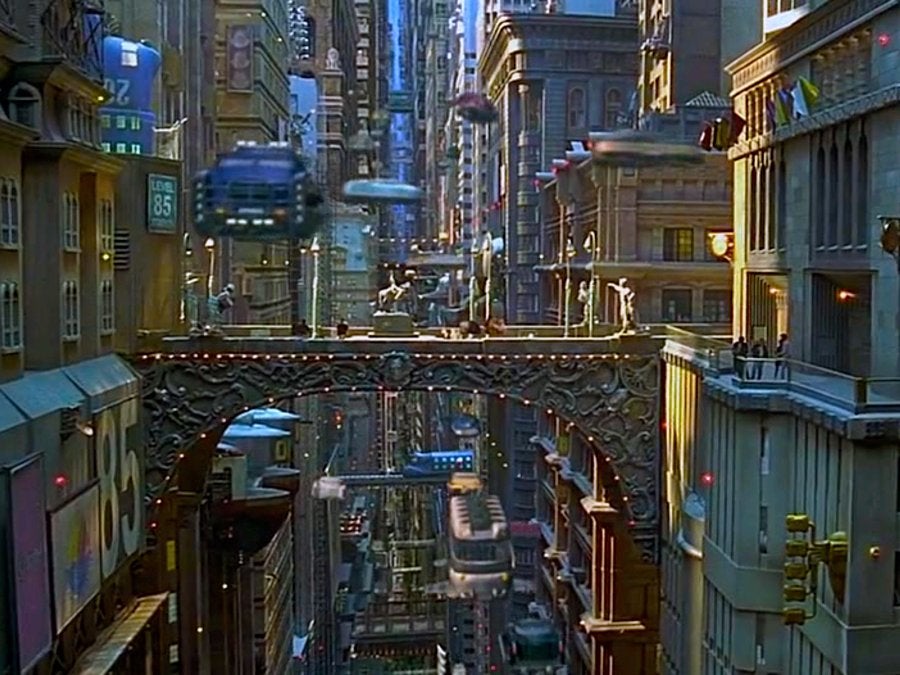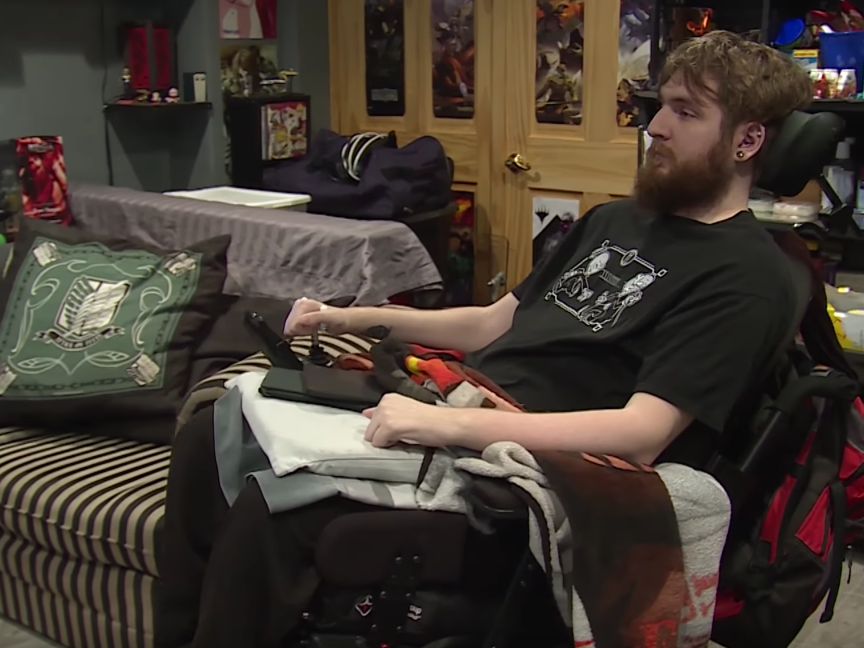Here's what the world will be like in 2045, according to top scientists

Your support helps us to tell the story
From reproductive rights to climate change to Big Tech, The Independent is on the ground when the story is developing. Whether it's investigating the financials of Elon Musk's pro-Trump PAC or producing our latest documentary, 'The A Word', which shines a light on the American women fighting for reproductive rights, we know how important it is to parse out the facts from the messaging.
At such a critical moment in US history, we need reporters on the ground. Your donation allows us to keep sending journalists to speak to both sides of the story.
The Independent is trusted by Americans across the entire political spectrum. And unlike many other quality news outlets, we choose not to lock Americans out of our reporting and analysis with paywalls. We believe quality journalism should be available to everyone, paid for by those who can afford it.
Your support makes all the difference.The world is going to be a very different place in 2045.
Predicting the future is fraught with challenges, but when it comes to technological advances and forward thinking, experts working at the Pentagon's research agency may be the best people to ask.
Launched in 1958, the Defense Advanced Research Projects Agency is behind some of the biggest innovations in the military — many of which have crossed over to the civilian technology market. These include things like advanced robotics, global-positioning systems, and the internet.
So what's going to happen in 2045?
It's pretty likely that robots and artificial technology are going to transform a bunch of industries, drone aircraft will continue their leap from the military to the civilian market, and self-driving cars will make your commute a lot more bearable.
But DARPA scientists have even bigger ideas. In a video series shot last year called "Forward to the Future," three researchers predicted what they imagine will be a reality 30 years from now.
Dr. Justin Sanchez, a neuroscientist and director of DARPA’s Biological Technologies Office, believes we'll be at a point where we can control things simply by using our mind.
"Imagine a world where you could just use your thoughts to control your environment," Sanchez said. "Think about controlling different aspects of your home just using your brain signals, or maybe communicating with your friends and your family just using neural activity from your brain."

According to Sanchez, DARPA is currently working on neurotechnologies that can enable this to happen. There are already some examples of these kinds of futuristic breakthroughs in action, like brain implants controlling prosthetic arms.
Just last week DARPA demonstrated this amazing tech for the first time and gave a paralysed man back the sense of touch — with brain implants that provided the feeling "as if his own hand were being touched," he reported.

The future has more than just brain implants. There's many other exciting things for the buildings and other objects around us, says Stefanie Tompkins, a geologist and director of DARPA's Defense Sciences Office.
She thinks we'll be able to build things that are incredibly strong but also very lightweight. Think of a skyscraper using materials that are strong as steel, but light as carbon fiber. That's a simple explanation for what Tompkins envisions, which gets a little bit more complicated down at the molecular level.
Here's how she explains it: "In 30 years, I imagine a world where we don't even recognise the materials that surround us." (See her full explanation in the video below.)
"I think in 2045 we're going to find that we have a very different relationship with the machines around us," says Pam Melroy, aerospace engineer, former astronaut, and deputy director of DARPA's Tactical Technologies Office. "I think that we will begin to see a time when we're able to simply just talk or even press a button" to interact with a machine to get things done more intelligently, instead of using keyboards or rudimentary voice-recognition systems.
She continued: "For example, right now to prepare for landing in an aircraft there's multiple steps that have to be taken to prepare yourself, from navigation, get out of the cruise mode, begin to set up the throttles ... put the gear down. All of these steps have to happen in the right sequence."
Instead, Melroy envisions an aircraft landing in the future being as simple as what an airline pilot currently tells the flight attendants: "Prepare for landing." In 2045, a pilot may just say those three words and the computer knows the series of complex steps it needs to do in order to make that happen.

Or perhaps, with artificial intelligence, a pilot won't even be necessary.
"Our world will be full of those kinds of examples where we can communicate directly our intent and have very complex outcomes by working together," she said.
Read more:
• This chart is easy to interpret: It says we're screwed
• How Uber became the world's most valuable startup
• These 4 things could trigger the next crisis in Europe
Read the original article on Business Insider UK. © 2016. Follow Business Insider UK on Twitter.
Join our commenting forum
Join thought-provoking conversations, follow other Independent readers and see their replies
Comments